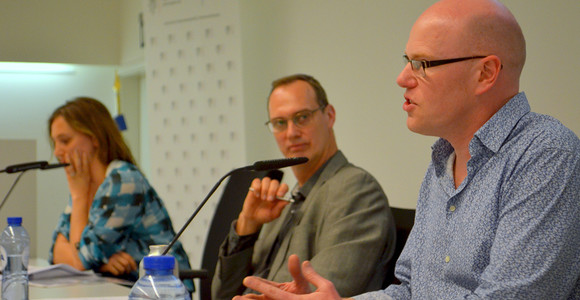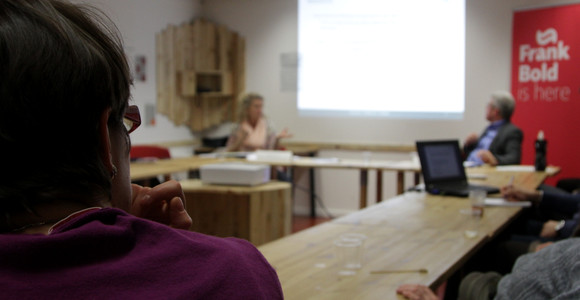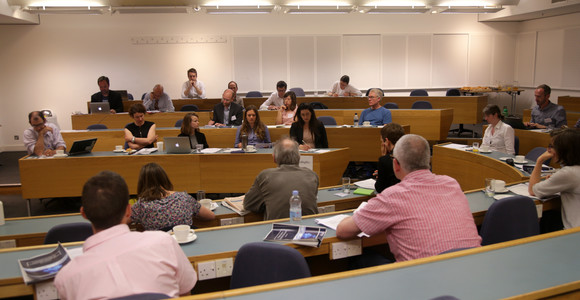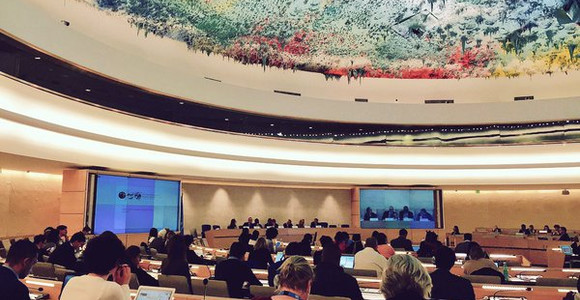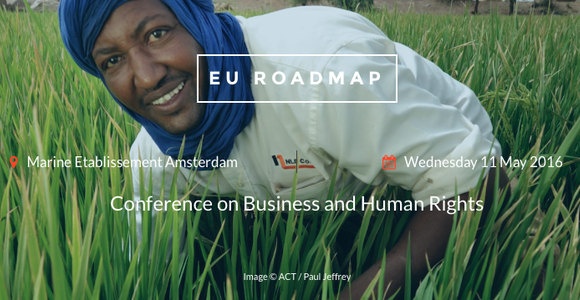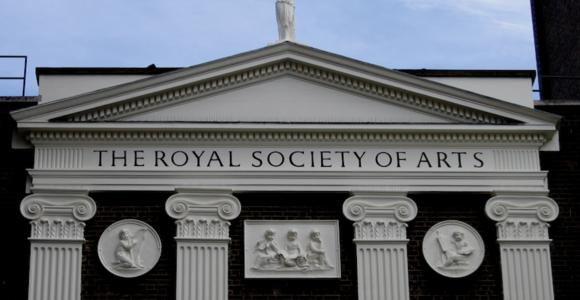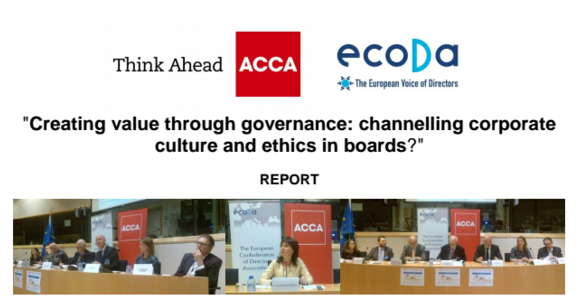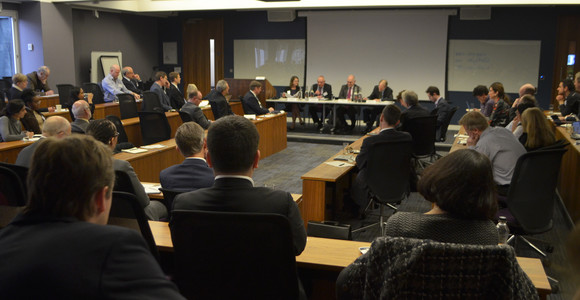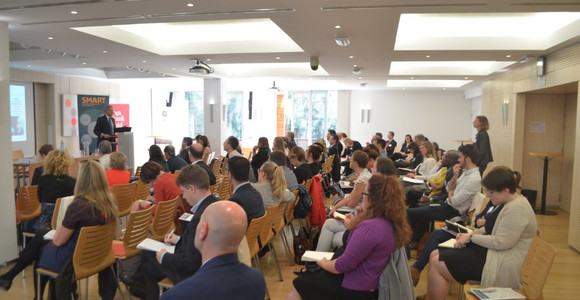Consensus has begun to emerge that companies should focus on creating long-term sustainable value but there is little agreement on how to define, measure or attain this objective. The global roundtable series is bringing together academics and professionals on the forefront of understanding and meeting the evolving challenges of corporate governance, with the goal of seeking to advance the theory, practice, and policy of the field. In these roundtable events, we explore the deliverables that corporate governance should contribute to long-term sustainable value, as well as the pathways to achieve them, in order to clarify appropriate structures and practice.
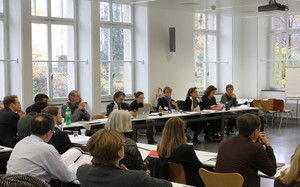 By providing a closed door debate under the Chatham House Rule, the roundtable series allows participants to feed into current policy debates; discuss best practices and ideas identified in all roundtables (see below); obtain access to the concluding event in Brussels; and meet other stakeholders in the debate, both nationally and internationally. Participants are provided a briefing paper before the event outlining the topics and summarizing recommendations identified in previous events.
By providing a closed door debate under the Chatham House Rule, the roundtable series allows participants to feed into current policy debates; discuss best practices and ideas identified in all roundtables (see below); obtain access to the concluding event in Brussels; and meet other stakeholders in the debate, both nationally and internationally. Participants are provided a briefing paper before the event outlining the topics and summarizing recommendations identified in previous events.
Framing questions
The objective of this roundtable series is to clarify the desired results of corporate governance and work back from there to design a corporate governance framework that is fit for the challenges of the 21st century. Corporate governance that goes beyond mere code compliance and box ticking and delivers what the world needs from its corporations.
The series explores the following key questions:
1. What corporate governance practices can help companies manage and develop intangible assets more effectively?
2. How can sound corporate governance foster long-term focus and sustainable behaviour? What is the role of individual stakeholders in this respect?
3. What incentives for short-termism exist in law and practice?
Emerging conclusions
The initial events identified several emerging ideas and innovative business practices that could inform the foundations of a new approach to corporate governance:
- Specify corporate purpose in foundational documents, long-term business strategy, and communications with investors
- Clarify fiduciary duties vis respect to broadened purpose, systemic risks and/or sustainability
- Engage other stakeholders in corporate governance, directly or indirectly
- Review executive pay rules to reflect ESG issues and intangible assets.
- Incentivise and empower long-term shareholding
- Diversify board composition
The roundtables also revealed several important issues that deserve further discussion:
- What is the best way to define long-term sustainable value?
- How can we associate good quality management and sound business decisions with a focus on the long-term and sustainability?
- What kind of role do investors realistically want and expect to play?
- How can we reconnect boards to the long-term success of the company?
- What is the best way to reform the accounting framework to balance short-term financial bias?
Roundtable events have been held at major business centres around the world, including London (Cass Business School, Sept 2014 and 2015), New York (NYU Stern School of Business, June 2015), Zurich (University of Zurich, October 2015), the Netherlands (Nyenrode Business School, February 2016), France (April 2016), Norway (University of Oslo, August 2016) and Brussels (September 2016). Executive summaries of all the events are available on our website and listed below:
A final report summarising the roundtable discussions and the academic analyses will be published at the conclusion of the event series. The report will be presented at a high-level policy oriented conference in Brussels on September 28. The report will be shared with policymakers, academics, students and practitioners with the intention that, together, we can make a significant positive contribution toward advancing governance practices that support the outcome of long-term sustainable value creation.
